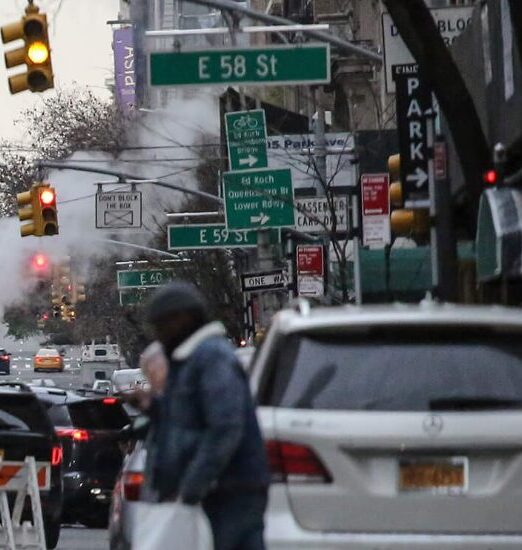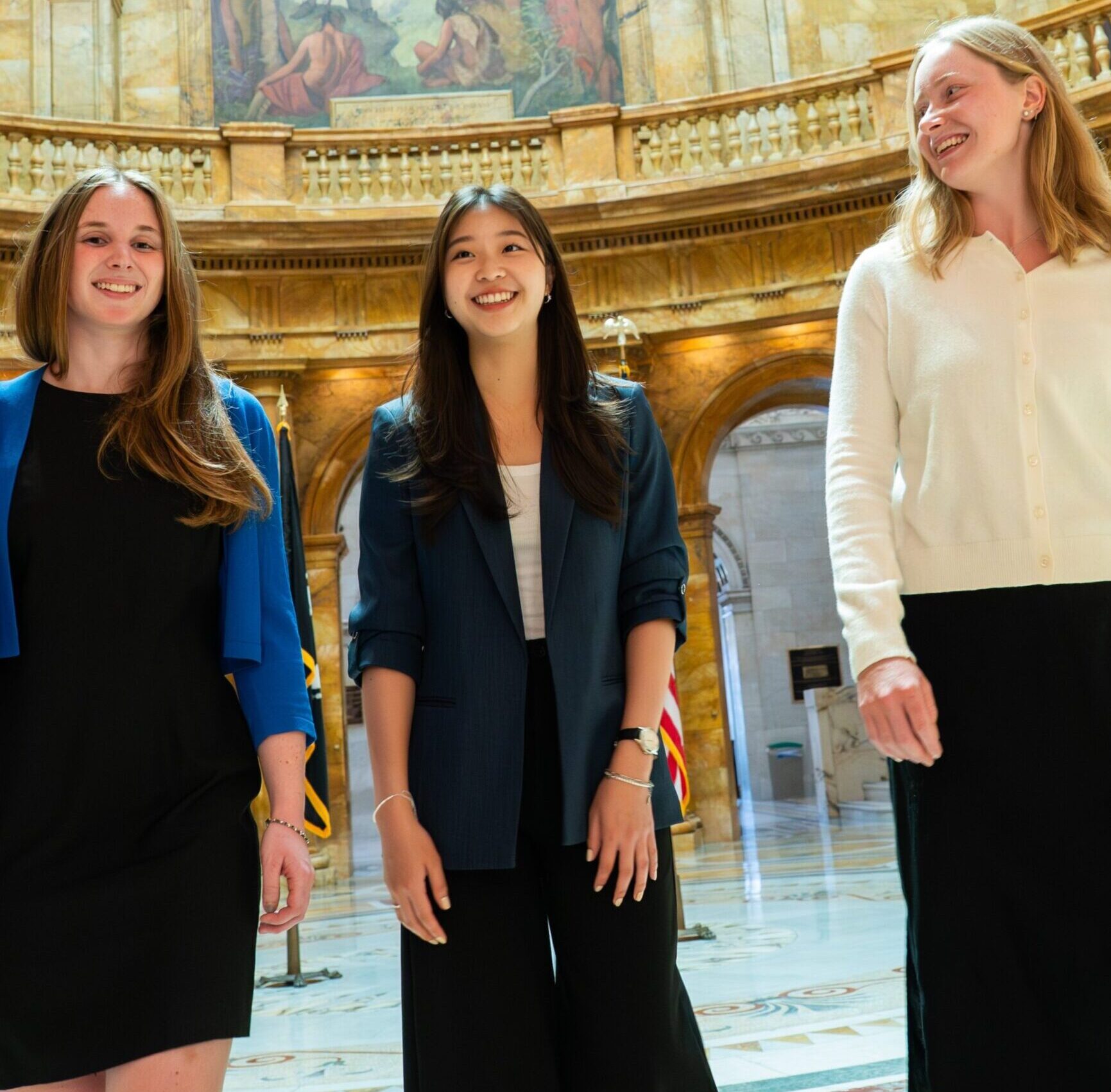
James Stock
Vice Provost for Climate and Sustainability, Harvard University; Director of the Salata Institute for Climate and Sustainability, Harvard University; the Harold Hitchings Burbank Professor of Political Economy, Faculty of Arts and Sciences
Profile
Outside professional activities
Profile
James H. Stock is Vice Provost for Climate and Sustainability, Harvard University; Director of the Salata Institute for Climate and Sustainability, Harvard University; the Harold Hitchings Burbank Professor of Political Economy, Faculty of Arts and Sciences; and a member of the faculty at the Harvard Kennedy School. His current research includes energy and environmental economics with a focus on fuels and on U.S. climate change policy. He is co-author, with Mark Watson, of a leading undergraduate econometrics textbook. In 2013-2014 he served as Member of President Obama’s Council of Economic Advisers, where his portfolio included macroeconomics and energy and environmental policy. He was Chair of the Harvard Economics Department from 2007-2009. He holds a M.S. in statistics and a Ph.D. in economics from the University of California, Berkeley.
Contact
Email: james_stock@harvard.edu
Assitant: Jennifer Lynn Malloy, jennifer_malloy@harvard.edu
Additional Website: https://scholar.harvard.edu/stock/home
Expertise
Economics
Outside professional activities
Outside Professional Activities
In the spirit of transparency and integrity, Salata Institute Faculty Associates disclose publicly their key professional activities outside of Harvard University. The activities disclosed below are for the most recent reporting period, as defined by University policy. Some of the activities may be paid, some may be unpaid, and others may be in exchange for expense reimbursement only.
Outside Professional Activities For James Stock
Organizations:
Relationships:
Disclosure information pending
The Salata institute
The Salata Institute supports interdisciplinary research that leads to real-world action, including high-risk/high-reward projects by researchers already working in the climate area and new endeavors that make it easier for Harvard scholars, who have not worked on climate problems, to do so.









